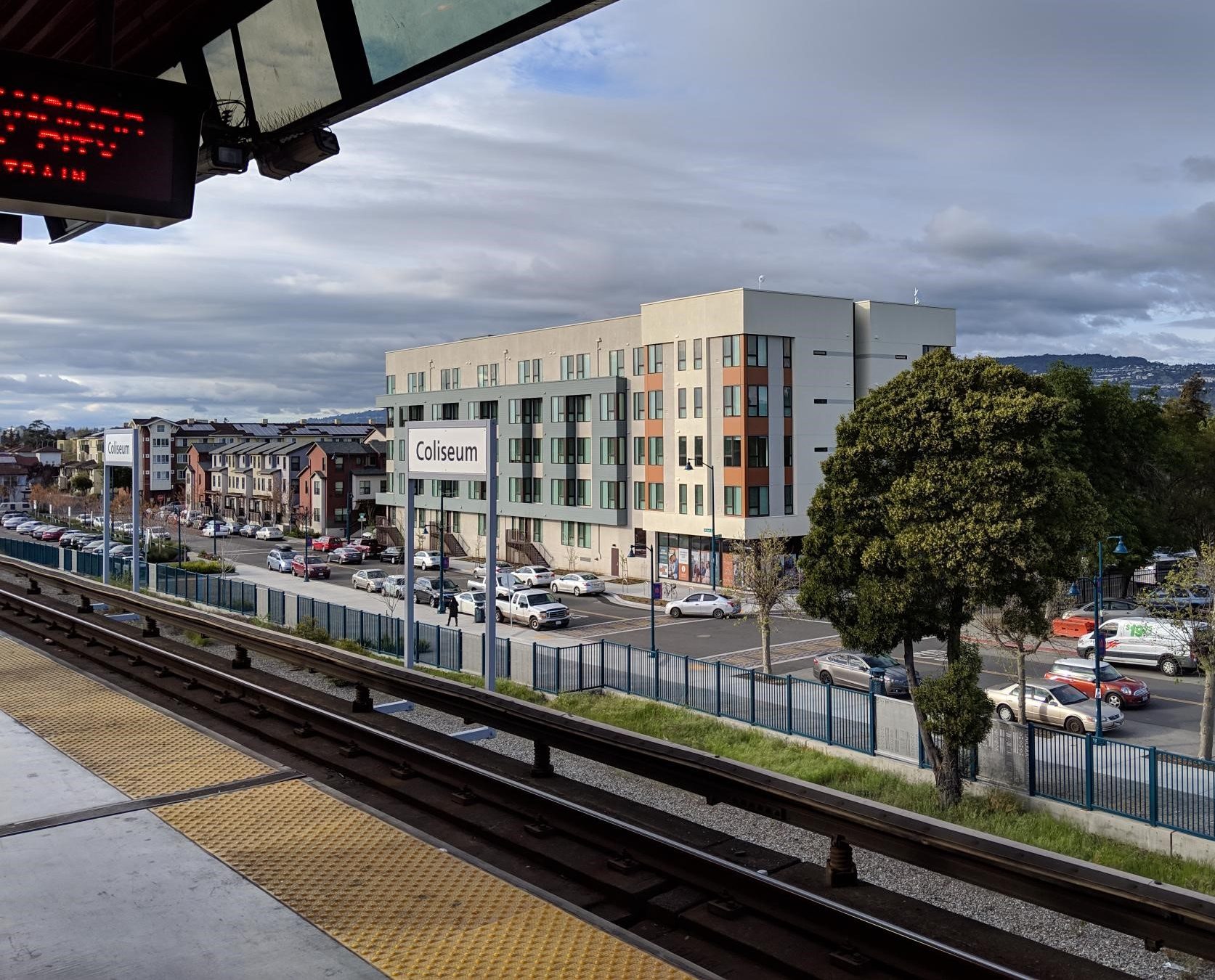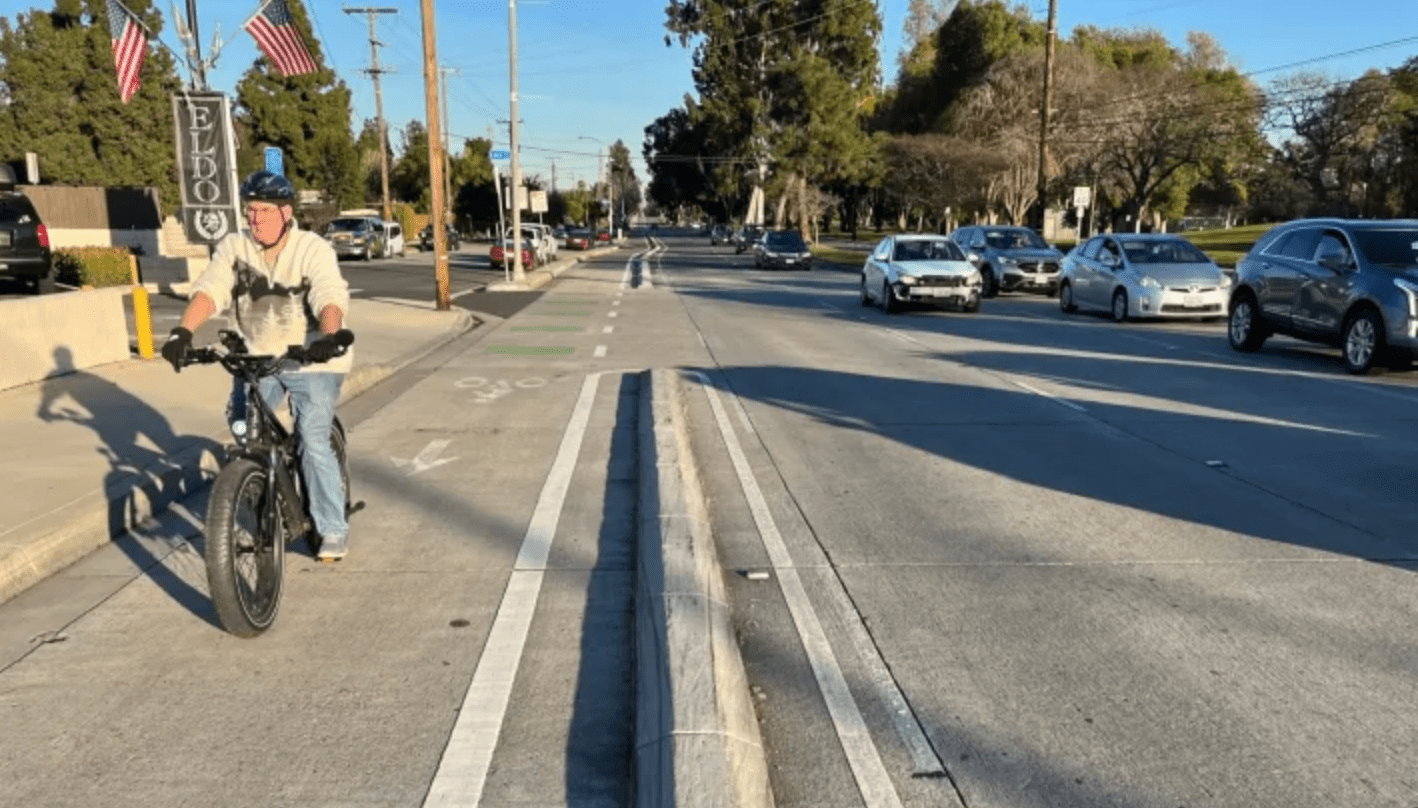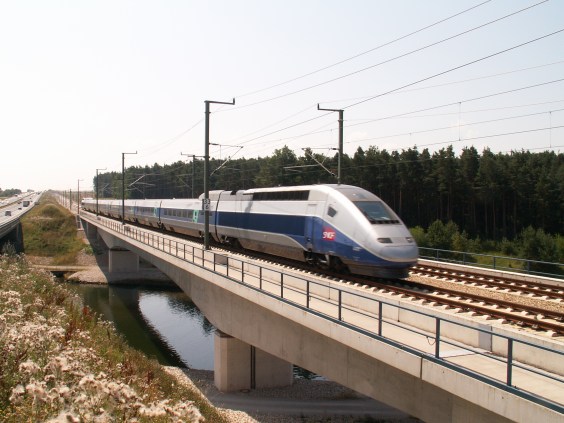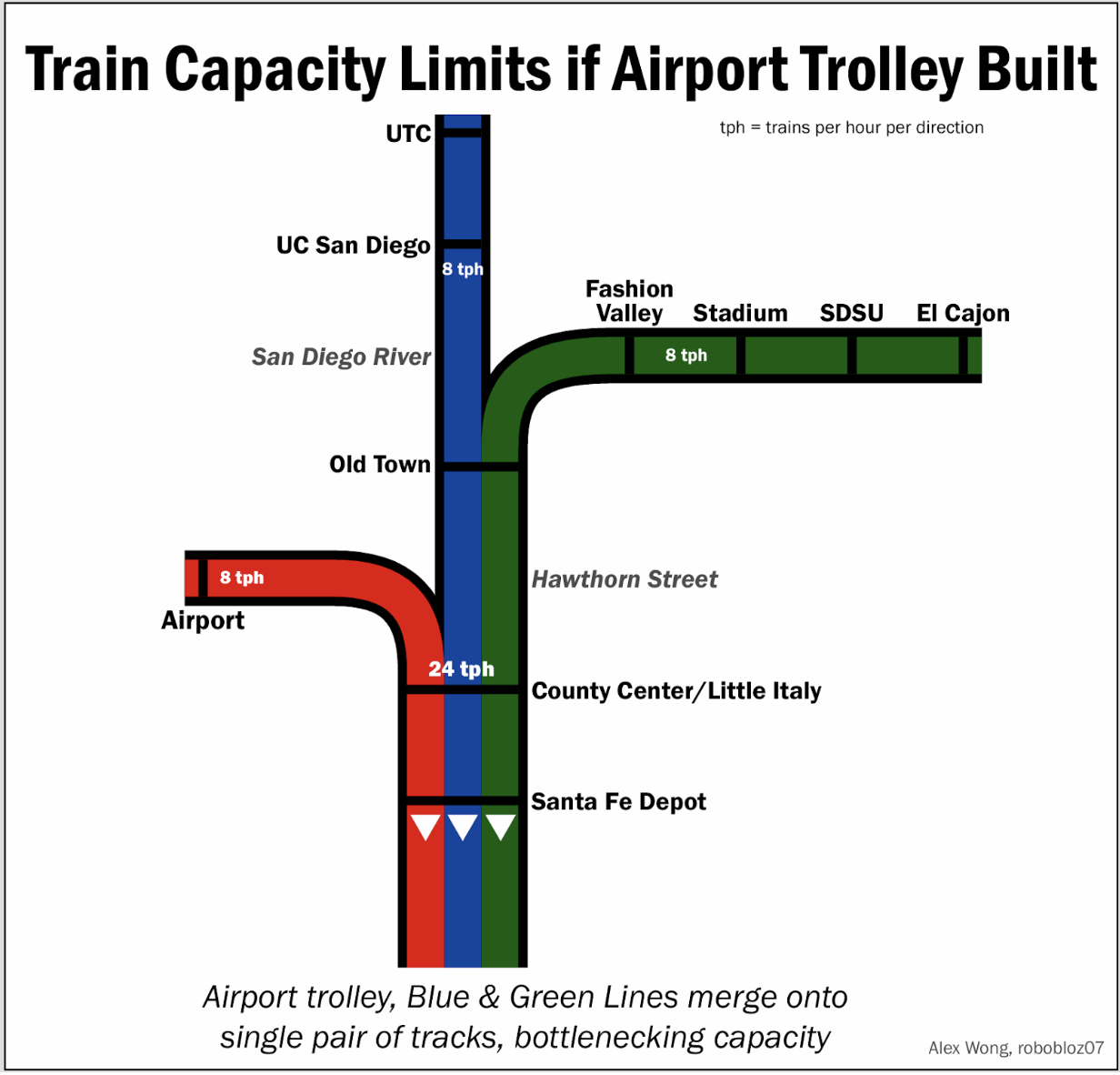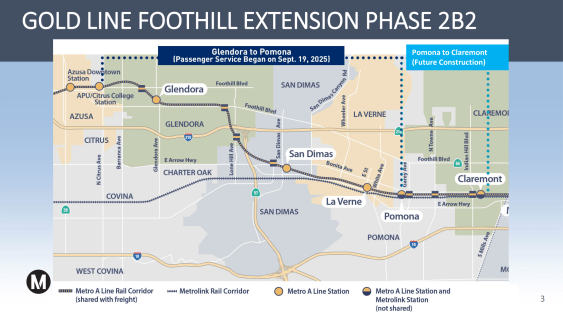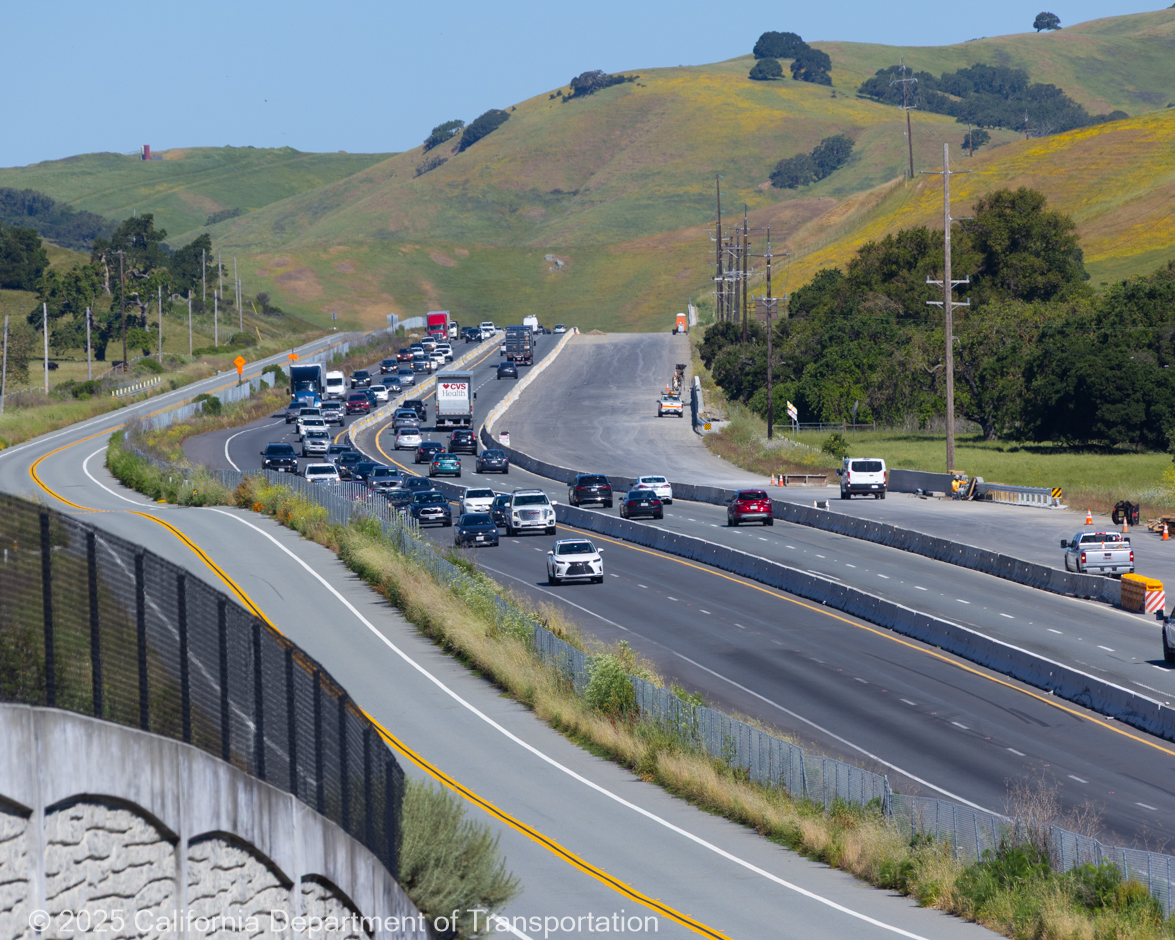This year, California’s eighteen Metropolitan Planning Organizations (MPOs) are set to receive over $500 million from Regional Early Action Planning Grants (REAP 2.0), a new program intended to accelerate progress towards the state’s housing, equity and climate goals. The MPOs are responsible for preparing Sustainable Communities Strategies (SCSs), the long-range plans that align a region’s transportation, housing, and land use decisions toward achieving climate targets. Funding from REAP 2.0 gives MPOs a new tool to help move these plans towards reality.
Building off the original REAP 1.0 program, which provided technical and planning assistance to help local jurisdictions facilitate housing development, REAP 2.0 will help regions build affordable housing and improve transportation access to reduce greenhouse gas emissions and vehicle miles traveled.
It is a flexible tool. The administration’s preliminary framing document states that REAP 2.0 funds should be used “for transformative and innovative projects that implement a region’s Sustainable Communities Strategy and help achieve goals of more housing and transportation options.” That could include infill infrastructure, electric car share, active transportation, mobility hubs, seamless transit, enhanced bus transit - anything from high-level planning to direct capital investment in projects that integrate infill housing with access to transit.
While MPOs have historically focused on transportation investments, this is changing - and REAP 2.0 offers an opportunity to advance affordable housing solutions that also reduce the need for people to drive by creating and preserving high-quality affordable housing near public transit and job centers. The REAP 2.0 grants can also provide stability and opportunity to lower-income Californians – who are disproportionately people of color – while also reducing greenhouse gas emissions.
The program is administered by the state Housing and Community Development department, with input from the Governor's Office of Planning and Research, the Strategic Growth Council, and the Air Resources Board - all agencies that work on housing, climate, transportation, emissions, and related issues. The money will go to MPOs - with some set aside for rural areas - and the regions must submit their proposals to the state for approval.
For the last eight years, Enterprise Community Partners has worked across the state on hundreds of integrated affordable housing and transportation projects that exemplify many of the same goals found in REAP 2.0. One example is the Archway Commons II development in Modesto, California. Archway Commons will not only build 73 affordable homes to help low-income residents stay in their communities, it will also implement a transformational community development pilot project to redesign the 9th Street Corridor. Improvements include pedestrian safety measures, better connections to protected bike lanes, and a bus reroute along 9th Street, which will increase accessibility to the Modesto Junior College, downtown businesses, and the regional transit center. Once complete, the project will eliminate more than 100 million miles of driving on California roads. That’s as much impact as removing 10,000 cars from the road for a year.
With REAP 2.0, MPOs have a one-time opportunity to fund systemic interventions that lay the groundwork for projects like Archway Commons II and to support an equitable regional strategy for affordable housing in walkable and transit-oriented communities.
For example, is difficult for transit agencies to build affordable housing on their land – a key component of many SCSs – due to limited funding for affordable housing and accompanying infrastructure investments. REAP 2.0 funds could be used to unlock these transportation-oriented developments, helping increase transit ridership, sustain cross-sector collaboration, and bring paradigm shifts in land use planning and development patterns.
In other places, REAP 2.0 funds could be used to build the infrastructure needed to develop infill housing in existing central business districts, setting the stage for economic as well as housing and climate benefits.
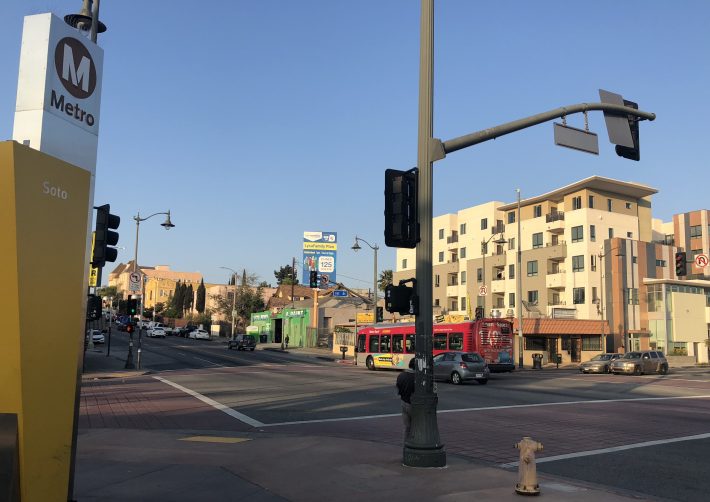
MPOs will be making decisions about how to use their REAP 2.0 funds in the coming weeks, and applying to the state to receive their allocations. As the twin crises of climate change and the lack of affordable housing rage on, California cannot afford to let this opportunity to implement transformative projects pass us by. Failure to create housing and transportation with a climate-equity lens will continue to burden lower-income communities and cost the state environmentally, socially, and economically.
By focusing on projects that include significant investment in affordable housing, REAP 2.0 can set a new standard for what is possible statewide. MPOs should use every resource at their disposal to utilize the limited REAP 2.0 funds for their highest potential, including substantive affordable housing investments in opportunity- and transit-rich places.
Sally Greenspan is the director of the California-based Building Sustainable Neighborhoods team at Enterprise Community Partners, Inc., a national nonprofit dedicated to increasing housing supply, advancing racial equity, and building resilience and upward mobility.
